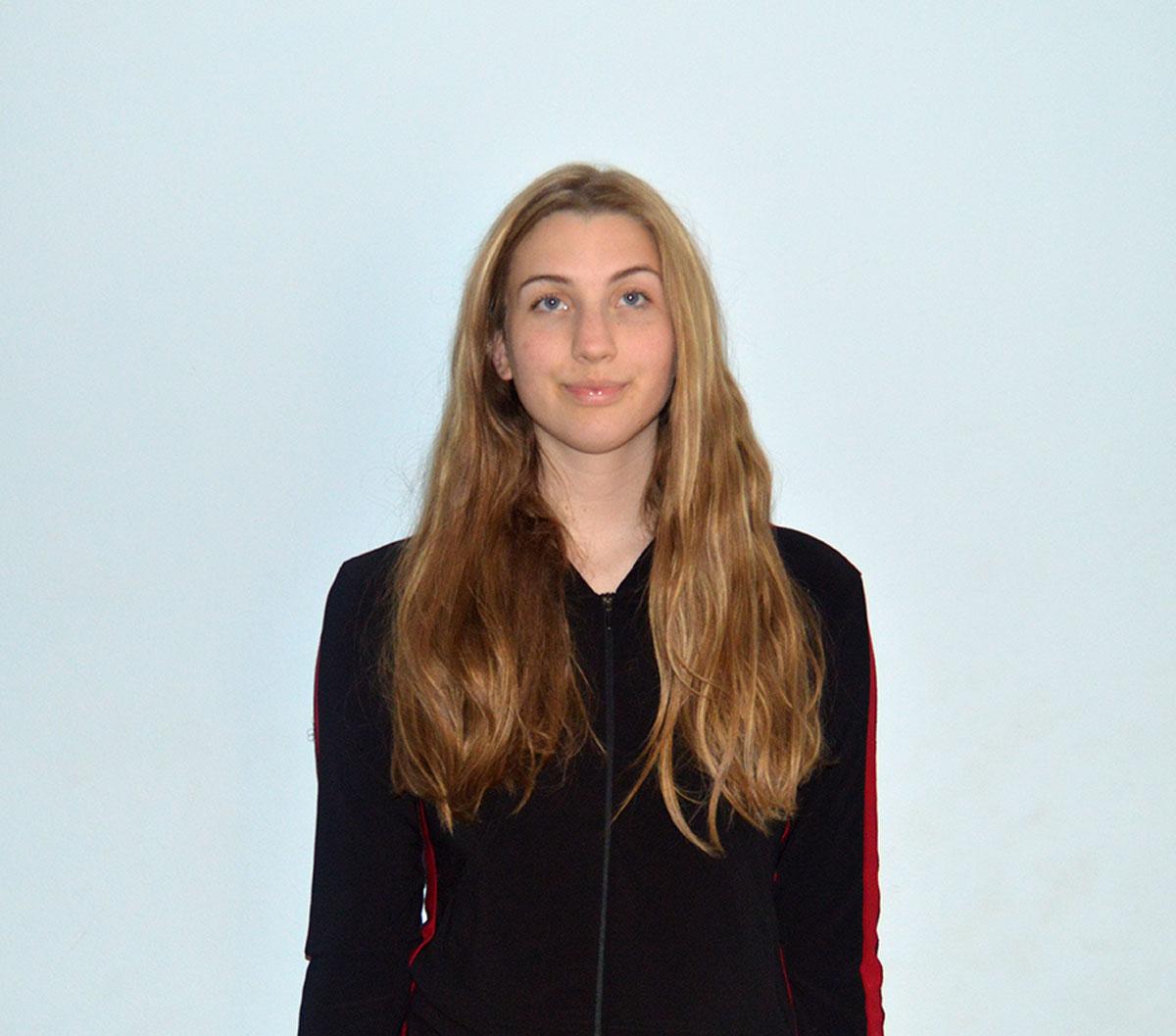When I became a vegetarian, the question of why I transitioned to a meat-free lifestyle seemed to be present in every conversation I had for months on end. I knew, however, plant-based diets garner a lot of attention in our society and I therefore tried my best to mentally prepare for the barrage of questions I knew I would receive.
But I was quite surprised by how shallow the questions truly were. It almost seemed like some sort of formality, or something others felt obligated to ask. Save a few exceptions, most people didn’t appear to have any true interest in vegetarianism itself.
Like the majority of Americans, I ate meat when I was younger. I didn’t give much thought as to where it came from, how it was obtained or anything of the like—I was only a child. I ate what was put on my plate and that was that.
As I grew up, my eating habits remained generally the same and meat and other animal products were a pretty regular part of my diet. I was taught that meat is the best source of protein; a necessary nutrient for humans.
When I was around 15 years old, my brother eliminated meat from his diet and I became curious as to why. When I asked him, he was eager to relay all of his newly-acquired knowledge to me.
I immediately became intrigued by both the shocking details about the animal industry and my brother’s vehemence about them. He lent me his books on animal agriculture and I got straight to reading.
As I registered each word and paragraph, I found myself struggling to continue on. The well-written prose describing the horrors of the meat industry forced me to conjure up painfully vivid imagery of the happenings in industrial meat and dairy processing factories.
After reading just half of Peter Singer’s “Animal Liberation,” I was in disbelief of my ignorance thus far and, most of all, I was incensed. I have always loved animals but my realization of the severity of their situation—which I learned I was contributing to my eating meat—led me to put everything that I possibly could into relieving their pain and lessening humanity’s cruel grip on their lives.
And how could I—how could anyone—both love animals and eat them for dinner? I decided to follow in my brother’s footsteps and continued to research and expand my knowledge on the issue.
I knew deep down that animals’ lives were no less important than those of humans, but I had never been exposed to the harsh reality of meat and dairy production. Especially in our modern world, it is our duty to know these things. The internet is a big place, but it only takes a simple search to uncover some sobering truths.
I am still a vegetarian, although I aspire to become a full-fledged vegan someday. Although it takes effort and determination, it is the best possible option for the wellbeing of the animals as well as for our own survival as a species.
Joseph Poore from the University of Oxford told The Guardian that “a vegan diet is probably the single biggest way to reduce your impact on planet Earth.” Meat and dairy account for 18 percent of daily calories, but consume 80 percent of agricultural land.
The message is pretty straightforward: if we want to preserve our Earth and continue to inhabit it, it’s time for some real change. I couldn’t justify eating animals after becoming informed. How can you?
























































































































